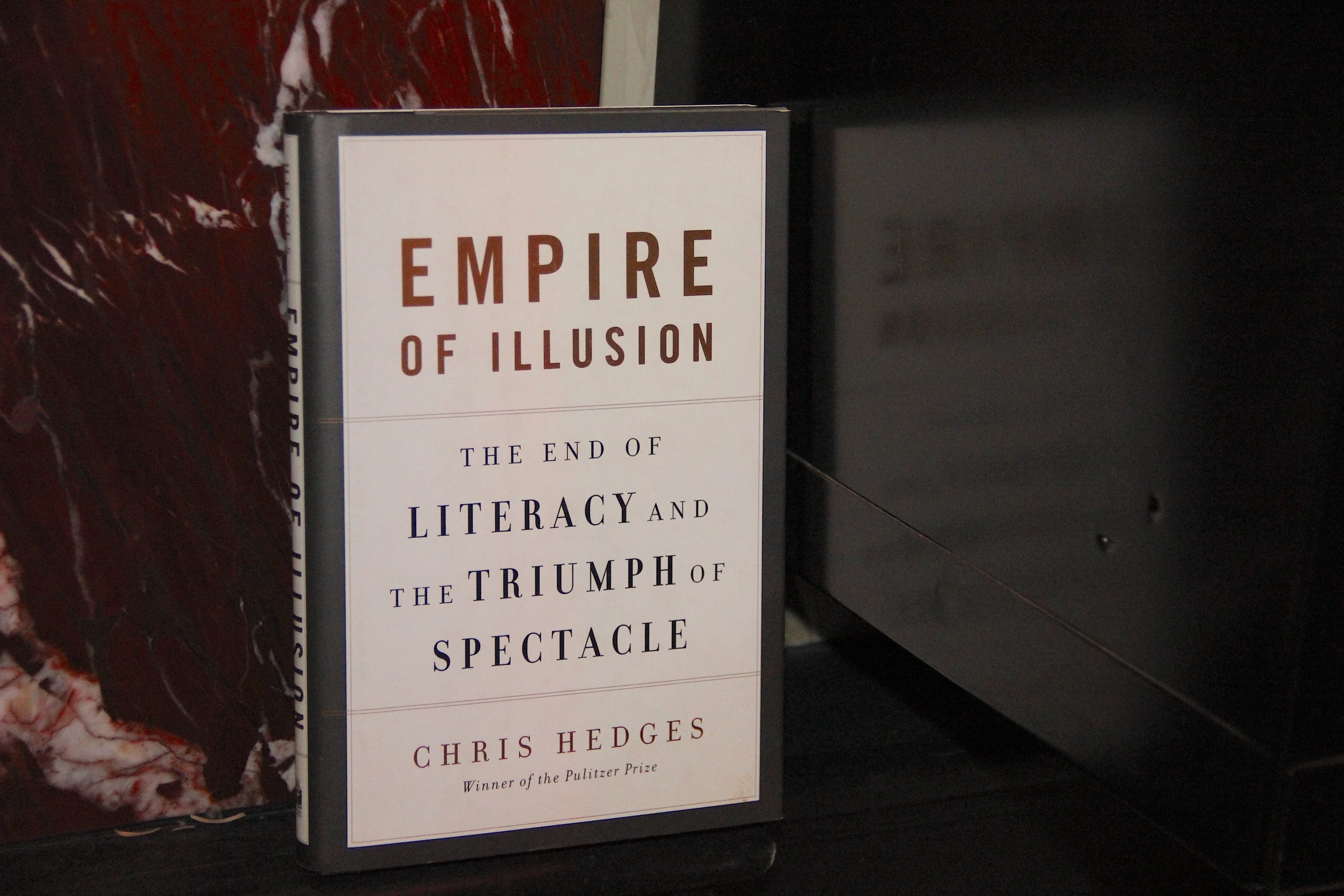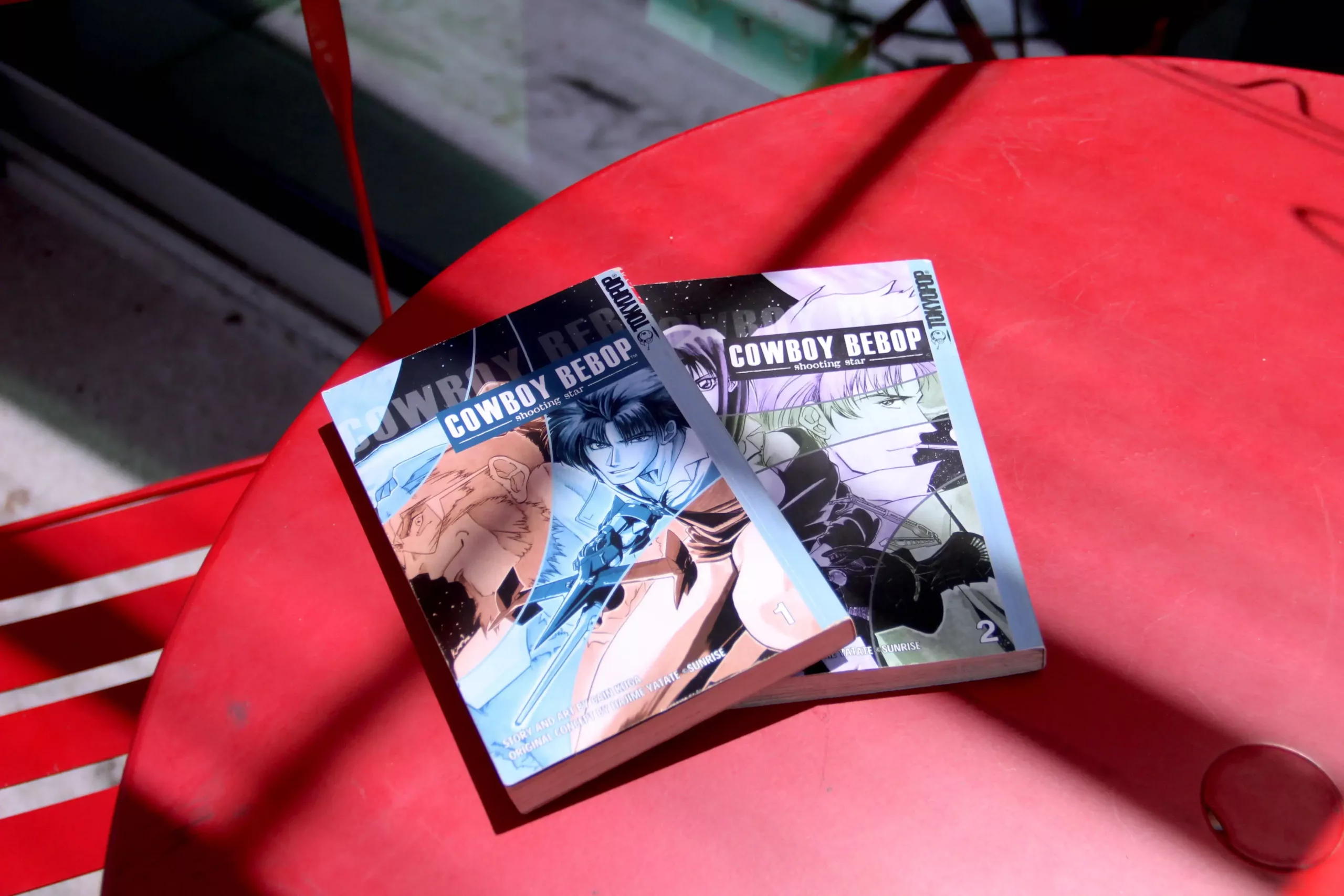

As an Amazon Associate, we earn from qualifying purchases.
Professor Harold Bloom lived to be 89 years old and published over 60 books from 1959 — when he published “Shelley’s Mythmaking” — until 2019, when “Possessed by Memory: The Inward Light of Criticism” hit the shelves mere months before he passed.
This last work he published while alive (though perhaps far from the last we’ll see from the author, as he was prolific and left plenty of manuscripts) combines literary criticism with autobiography — and is perhaps one of Harold Bloom’s best books.
‘Possessed by Memory’ Summary: Part Literary Analysis, Part Memoir
“Possessed by Memory” is Harold Bloom’s last book, as well as a farewell gift to fans, friends and family. Its purpose is to show how literature can help us cope with a finite life in a universe of death, as Bloom himself put it.
Harold Bloom takes us on a journey that starts with the Tanakh (also known as the Old Testament) and goes through Shakespeare, English playwrights and finishes with American poets, many of them Bloom’s contemporaries, most of them gone by the time Bloom wrote this book.
The second half of the book is its best part: Harold Bloom goes on a deep dive about his heyday and slowly shows us what happens when you’re past 80: Harold Bloom is old and hurting but full of life, though he can only live to the fullest through poetry, some of it written by his departed friends and memorized by him.
Bloom sums up the purpose of this piece by explaining that “few weeks go by these days without the loss of friends” and wonders if he “reads and teaches to hold off death.”
At The Rauch Review, we care deeply about being transparent and earning your trust. These articles explain why and how we created our unique methodology for reviewing books and other storytelling mediums.
‘Possessed by Memory’ Audience and Genre: A Beautiful Anthology and Memoir for Book Lovers
It would be difficult to match Harold Bloom’s enthusiasm for literature and impossible to come close to his literary and poetic knowledge. That’s far from a problem if you want to enjoy this book: This amazing anthology is perhaps Bloom’s best book and an awesome introduction for anyone getting into the work of who once was America’s most famous literary critic.
This book is far from your average autobiography. It’s half anthology, half memoir, with more than eighty meditations on prose and poetry. In a way, “Possessed by Memory” is what “The Western Canon” should’ve been. Bloom pulls away from politics and polemics and instead decides to dedicate himself to talking about poetry and how much he enjoys it.
You’ll see excerpts from the “Book of Judges,” Shakespeare’s work, and more. It’s thousands and thousands of years’ worth of poetry, so you’re bound to fall in love with many of the authors talked about here, just like Bloom did.
Three Cs: Compelling, Clear, Concise
Editorial Note: We believe these three factors are important for evaluating general writing quality across every aspect of the book. Before you get into further analysis, here’s a quick breakdown to clarify how we’re using these words:
- Compelling: Does the author consistently write in a way that would make most readers emotionally invested in the book’s content?
- Clear: Are most sentences and parts of the book easy enough to read and understand?
- Concise: Are there sections or many sentences that could be cut? Does the book have pacing problems?
Compelling: A Contagious Love for Poetry
Harold Bloom was never away from criticism. He had many detractors and a large list of critics. However, even those who disagreed on everything with Professor Bloom couldn’t argue against his love for literature. This book is a fantastic proof of that love.
It’s easy to see why anyone who reads Bloom realizes how much he loved literature: the man lived to read and write. You can sense that longing for letters when you read his work, which Bloom understood as an infinite yearning for more life.
The author better explained that feeling by saying that he shared his “quest with all readers who struggle for the Blessing of a more abundant life.” Harold Bloom loved literature — and his affection is contagious.
Clear: Like Sitting in a Yale Classroom
Poetry isn’t easy. You can miss a twist or misinterpret a turn, leaving you without the true meaning of a piece. Bloom had a special relationship with poets and poetry. More importantly, he knew how to share the emotion or reason that made a poet put pen to paper.
From Shakespeare to Shelley, Bloom spent a lifetime studying literature to explain it to his students. If that accomplishment wasn’t enough, he had several decades teaching at Yale and other universities, making him the perfect professor to help novices and experts better understand poetry.
“Possessed by Memory” is the culminating act of a life dedicated to literary criticism and literature classes.
Concise: Leaves You Wanting for More
The only downside to reading this book is that you’re left wanting Bloom to keep talking about his life, to continue discussing poetry, and to never stop writing.
Unfortunately, the author closes the book with a coda discussing “In Search of Lost Time,” almost as if the author knew it was the best way possible to finish his writing career.
Prose Style: Like Listening to One of Harold Bloom’s Lectures
Bloom received a handful of recurrent criticisms when it came to his prose. Many called it overly complicated or downright confusing. That issue stemmed from the fact that Harold Bloom taught himself English as a secondary language and did so by reading books.
His prose, however, evolved (for the better) throughout the years and radically changed when he switched from writing to dictating his work.
Professor Bloom was well into his eighties by the time he started working on this book, and he clearly states (several times throughout) that he’s too weak to write anymore, so he relies on transcribers.
“Possessed by Memory” features straightforward yet flowery prose and enduring imaginative literature, something that can only come from a man who taught for a living for decades. You feel like you’re in a classroom when you read this book. It’s a stark contrast from Bloom’s earlier work (where most almost agree on that confusing prose problem), such as “The Anxiety of Influence.”
Editorial Note: Read our full review of “The Anxiety of Influence”
Rhetoric: Poetic View on Life
Harold Bloom captures the essence of “Possessed by Memory” early in the book by stating, “When I read my departed friends, I have an uncanny sensation that they are in the room.” That’s what this book is all about. Bloom can’t help but cope with feeling death coming close, and he finds a good ally in reading poetry, more often than not, to remember the poets who are gone from his life.
The main gist of this book is how poetry can help us walk through life, especially when that stroll is coming to a close. The author backs his argument with more than 80 years worth of relying on poetry to live.
Literature is no longer something to quarrel about but a tool to dispel pain. Throughout the book, Bloom recalls facing an injury or surgery and reciting poetry to himself to soothe his suffering.
Here, Harold Bloom is no longer crusading against modern critics who put politics over aesthetics. Gone are the days of his warring Western Canon phase. In “Possessed by Memory,” Bloom is looking for comfort in the place he knows best: poetry.
Cultural and Political Significance: Succinct Political Takes, Long-Lasting Cultural Views
Bloom spent his entire career battling against politics making its way into literature.
However, Harold Bloom was not one to shy away from voicing his political concerns. The author wrote this book during Trump’s presidency, and he knew literature was a worthwhile shelter from these troubling times.
Nevertheless, American politics had a small place in this book. Bloom focuses on the poetry, people and places he loved. It’s a prosaic elegy, first, for his friends, then, perhaps, for himself.
Authenticity: Impossible to Go Against
It’s easy to understate how big Harold Bloom was in literary endeavors while alive. You can use numbers to put his life in perspective: He devoted more than 80 years of his life to literature, 60 to teaching and wrote more than 50 books that were translated into over 40 languages — and Bloom did it not for money or fame but out of love for books.
We’re living in a fast-paced era of high-speed internet and digital fame that comes and goes like never before. It’s something that makes Bloom look like what he jokingly called himself: a dinosaur.
Harold Bloom slowly but surely taught himself different languages, read countless books and wrote a handful of them, too. Whenever he wasn’t reading or writing, he was teaching. He gathers that life-long effort and pours it all unto “Possessed by Memory.”
This book doesn’t focus on the literary values of the work he quotes. Instead Bloom uses different pieces to put his life in perspective and help the reader understand how poetry can assist anyone during their journey (in the same way poetry helped Harold with his). This book is a clear reflection of that.
Critiquing the Critics: Not Enough Attention from Mainstream Critics, But Plenty of Love from Consumers
“Possessed by Memory” is one of the few books written by Bloom that received plenty of praise while getting little to no polarizing comments. Unfortunately, it didn’t get the attention it deserved from mainstream literary critics.
Bloom became a bit of an acquired taste over the years, and now the reviews of his latest books are often lost in broken links or locked behind a paywall. That’s not the case for book review sites.
Goodreads, for example, features no one-star reviews, while two- and three-star reviews are a quarter of all reviews. Common criticisms against Bloom persist in many of these three-star reviews, such as one user calling Bloom “eurocentric.”
Four-star reviews make up almost half of all reviews, and one of them summarizes them in great fashion by saying this is a book where “Bloom talks so lovingly of the works closest to his heart.” Another user left a five-star review and called this book “Beautiful” and “a personal work filled with final observations of a lifetime of reading.”
Reviewer’s Personal Opinion: Better Than the Canon
Prior to this piece, I reviewed two books for The Rauch Review: “The Anxiety of Influence” and “The Western Canon.” These two books are Bloom’s most popular works alongside “Shakespeare: The Invention of the Human.” However, “Possessed by Memory” is the one I liked the most.
Editorial Note: Read our full review of “The Western Canon”
What makes this book stand apart from the rest Bloom published in his lifetime? It’s the fact that Harold Bloom decides to show a more intimate side of himself here. He’s not too worried about warring against The School of Resentment, nor he’s too invested in showing off his literary knowledge. That’s what Bloom did at his most famous.
This book presents Harold Bloom near the end, reminiscing about his past, poetry and peers. It’s not a memoir exactly (though Bloom is at his best when he recalls a friend or a particular story from his life), but an anthology. Harold Bloom will use pieces of poetry or literary excerpts to kickstart most chapters, then take a trip down memory lane after setting the stage.
Bloom will do so for a reason. His breakthrough book, “The Anxiety of Influence,” explains what all genius writers want: immortality. In his final book, Bloom helps us understand how those immortal writers can help us deal with our own mortality.
Unlike Bloom in “The Western Canon,” he doesn’t care much about aesthetics or prowess. He’s focused on the work that made him feel good. He’ll shine a light on lesser-known poets who shared a moment with him in one way or another, and in doing so, connects us with them as well: the entire point of the book is not to feel alone.
‘Possessed by Memory’ Review: Harold Bloom’s Farewell
Nearing the end of this book, Harold Bloom asks, “Is there a relation between a writer’s immortality and a reader’s search for consolation in regard to the death of friends or family and intimations of the reader’s own impending mortality?”
Bloom, who saw many of his friends die of old age during his final years, recognizes he has but a few years left and refuses to panic, turning to poetry as consolation and writing as a refuge instead. “Possessed by Memory” represents that final effort in his fruitful career.
The beauty of this book lies in its uniqueness among Bloom’s work. An avid Harold Bloom fan will find many recurring themes, though this time around, they feature a twist: we’re not reading an anthology, commentary or literary criticism here but a kind of memoir from a man who loved books and, more importantly, loved those around him.
Bloom understood literature as a solitary pleasure, perhaps even egotistical and narcissistic if you plan to become a writer. However, Harold Bloom always emphasized how important it was to be around people, whether reading in his living room next to his wife or waiting for his class to start an hour earlier so he could spend more time with his students.
As many of his dear friends depart, Bloom expresses a growing sense of loneliness that only poetry can palliate but never truly dissipate: “Consolation,” Bloom writes, “is difficult to find, but elegiac poetry helps.”
How does poetry help when you’re mourning before the day starts? Early in the book, Bloom explains, “When I read my departed friends, I have an uncanny sensation that they are in the room.”
The author, past 80 years old and nearing ninety, was too weak to write but full of life to call it quits, thus turning to dictating “Possessed by Memory” to someone else. The result is an amazing piece of art that feels like a conversation with Bloom and, from time to time, is a getaway to great poetry that once influenced the author and could just as easily have an impact on the reader.
It’s Bloom’s fantastic farewell: the last book he published while alive, though far from the last one that will hit the shelves for Harold Bloom was nothing if not prolific. It’s a book you can turn to when feeling alone, perhaps missing good old Bloom, if anything, to feel his presence in the room.
For a deeper look at Bloom’s critical philosophy, see our article on his “School of Resentment“.
‘Possessed by Memory’ Buying Options
E-Commerce Text and Audio Purchases
E-Commerce Audio Only
Get recommendations on hidden gems from emerging authors, as well as lesser-known titles from literary legends.






